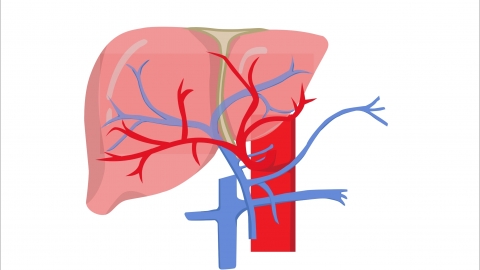Can multiple liver metastases be completely resected?
In general, whether multiple liver metastases can be completely resected requires a comprehensive evaluation based on the patient's specific condition. The feasibility of complete resection depends on factors such as the number, size, location, and distribution of the metastases, as well as the patient’s overall health and liver function reserve. If suspicious symptoms or a diagnosis arise, prompt medical consultation is recommended for an individualized treatment plan developed by a specialist. Detailed analysis is as follows:

If the multiple liver metastases are few in number, small in size, and concentrated within one region of the liver without invading major blood vessels or bile ducts, and if the patient has good liver function reserve and no severe cardiopulmonary diseases or metastases to other organs, complete surgical resection may often be achievable after thorough assessment. Surgery can fully remove the metastatic lesions, and when combined postoperatively with adjuvant therapies such as targeted therapy or chemotherapy, it can effectively control disease progression and prolong survival.
However, if there are numerous and large metastases scattered across multiple regions of the liver, especially those invading major vessels or bile ducts, or if the patient has poor liver function reserve, underlying cirrhosis, ascites, or metastases to other organs, complete surgical resection is highly unlikely. In such cases, surgery cannot thoroughly eliminate all lesions, and excessive liver tissue removal may lead to liver failure. Therefore, non-surgical treatments are typically prioritized to manage the disease.
In daily life, patients should seek timely medical care from hepatobiliary surgery or oncology specialists once metastases are detected. Essential evaluations include contrast-enhanced liver CT scans and liver function tests. Blind pursuit of surgical resection should be avoided; instead, decisions must be made based on professional assessment tailored to the individual’s condition. During treatment, regular imaging studies and tumor marker tests should be performed to monitor changes in lesions. A low-fat, high-protein diet is recommended, alcohol should be avoided, and liver function should be protected. Immediate medical attention is required if symptoms such as abdominal pain, jaundice, or decreased appetite occur, so that treatment plans can be adjusted promptly.





